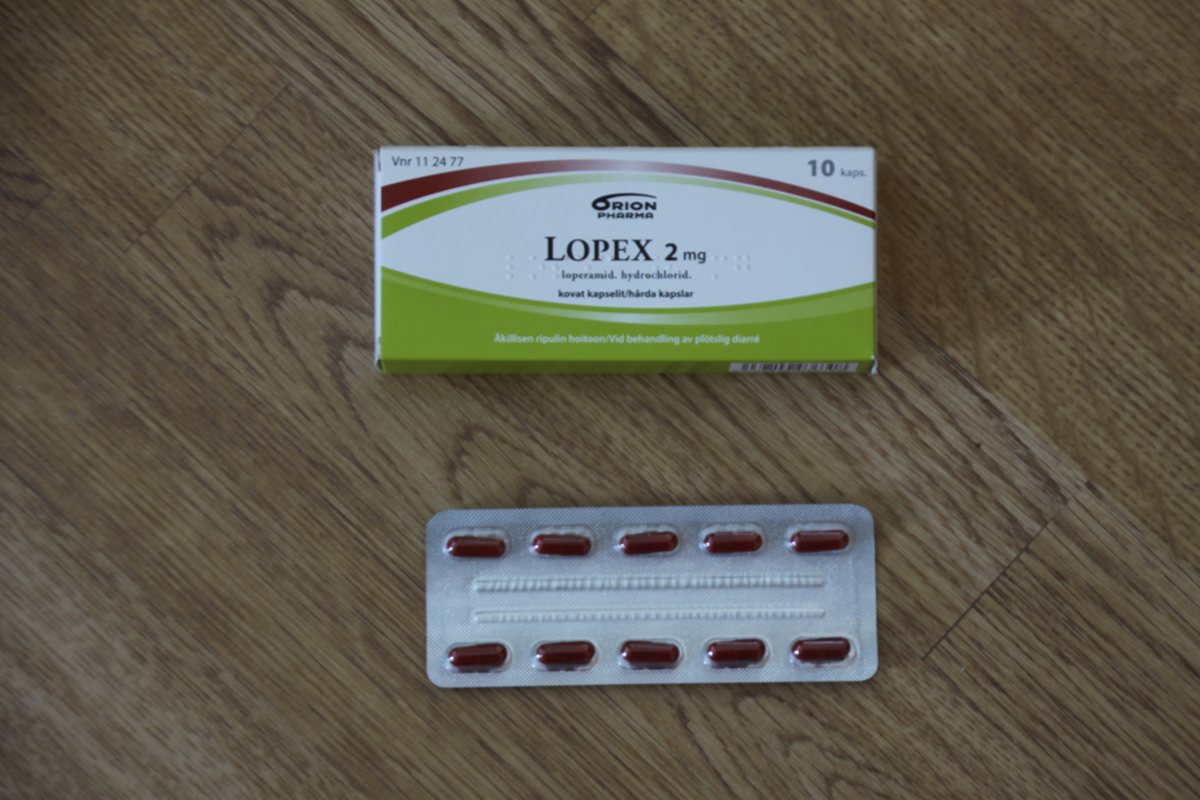
Spastic Colon
Spastic colon also known as irritable bowel syndrome is a medical condition which causes pain in the abdomen and irregular bowel movements such as constipation and diarrhea. The name 'spastic' originates from muscle spasms and contractions of the intestine which actually cause pain.
Spastic colon is commonly treated with specific dietary changes and different groups of medications. These medications include stool softeners, medications which fight against diarrhea, antispasmodic medications and sometimes antidepressants.
The diagnosis of spastic colon can be set only after all the medical conditions of the bowel are excluded. There are no tests or imaging methods which can confirm the disease. In spastic colon there is no evident damage to the mucous membrane of the bowel. Only the symptoms and their recurrence may point to the presence of the disease.
Symptoms of Spastic Colon
It is hard to establish the actual cause of spastic colon. Some say that stress may be one of the causes while others claim that disease is connected to infections. No matter what the actual cause is, all the patients experience similar symptoms including abdominal discomfort, abdominal pain and colic, bloating and gas, diarrhea and/or constipation. Dizziness and nausea sometimes occur.
Medications for Spastic Colon
Since the actual cause of the disease has not been established yet and there is no damage to the mucous membrane of the large intestine the goal of the therapy is to alleviate the symptoms of the disease and bring them under control. The therapy and additional measures also tend to prevent recurrence of the symptoms.
The first step for all patients suffering from spastic colon is change in their diets. All the foods which may cause spasms and colic must be avoided. Additionally, since stress can induce the spasms patients are advised to cope with stress as much as possible and to try to deal with it in such way that it cannot cause the onset of the disease. According to the symptoms the doctor may prescribe the following medications:Antidiarrheals Medications such as loperamide, codeine or opoid medications can bring diarrhea under control and reduce the frequency of bowel movements.LaxativesLaxatives are prescribed in patients who are suffering from constipation. These medications include Dulcolax, lubiprostone, and many more. Apart from laxatives constipation can be treated with stool softeners.Antispasmodic medicationsThese medications alleviate intestinal spasms and cramps. AntidepressantsAntidepressants are prescribed in patients whose symptoms are induced by stress and depression. Antidepressants can be rather efficient in elimination of symptoms of spastic colon.







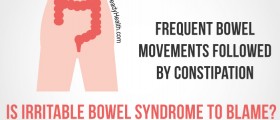
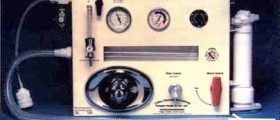
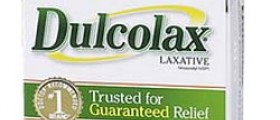






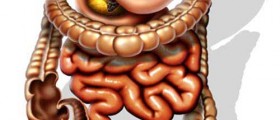
Your thoughts on this
Loading...